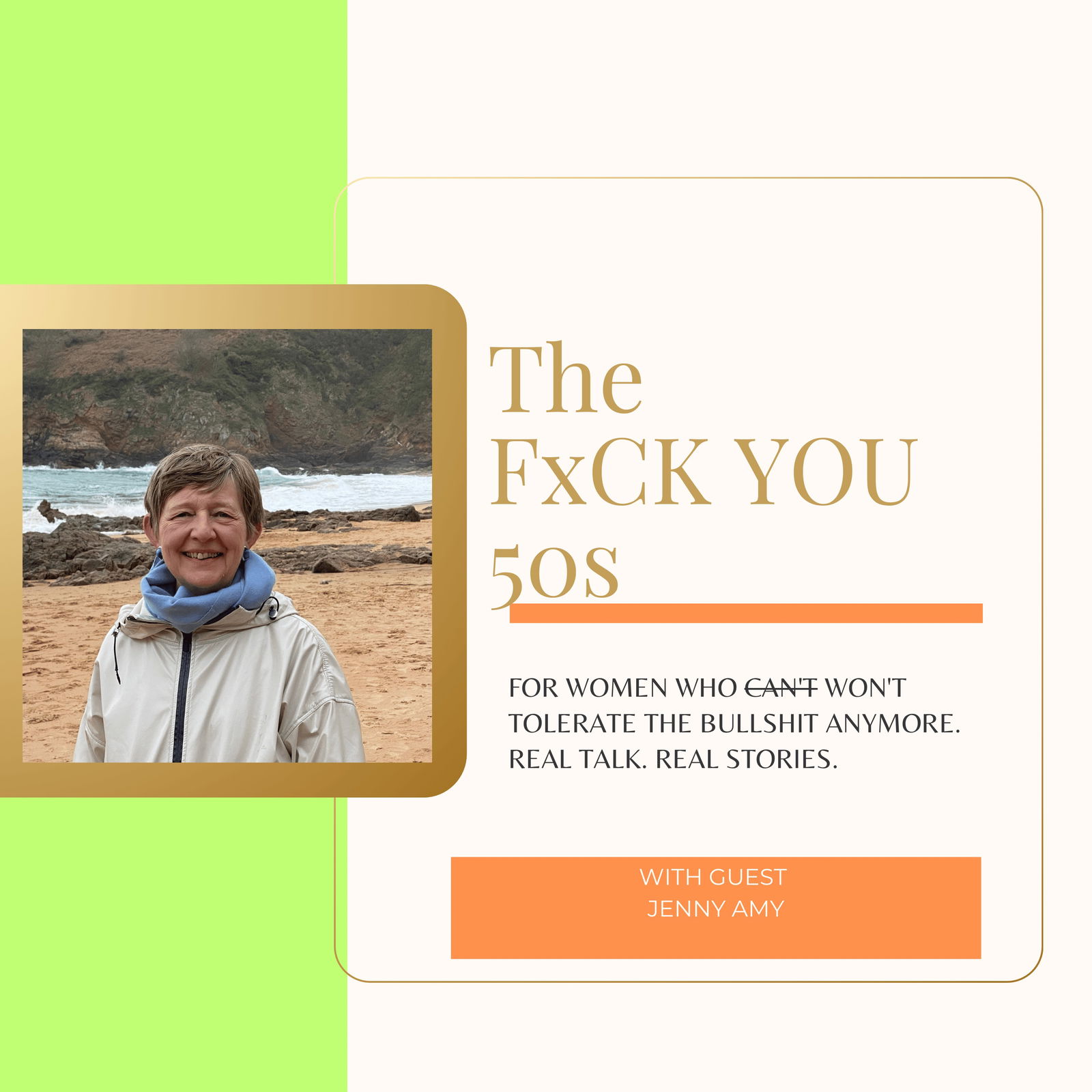In this conversation, Andrea and Jenny Amy discuss the women's movement. They explore the challenges faced during this life transition, addressing the societal factors that contribute to unconscious bias. The discussion highlights the importance of understanding one's rights and the resources available to navigate this challenging process. The discussion emphasizes the emotional complexities involved in and the need for self-care and empowerment, particularly for women navigating this life transition. Family law reform in Canada in the 70s, rape crisis centres, women’s shelters, rotary and more.
Links and Resources
Jenny Amy’s Chantry Breezes Bed & Breakfast
Andrea’s hair recommendations from the shower opener
Detoxifying Shampoos:
K18 - this is the one I tend to use
Kevin Murphy Maxi.Wash - this one is very powerful so I wouldn’t use it frequently
ColorWOW Dream Filter is a pre-shampoo buildup removing treatment. Its amazing!
Shampoo for fine hair:
Oribe Shampoo for Magnificent Volume - Oribe products are worth every penny but they will break the budget - just buyer beware! Cha-Ching!
Shampoo for Oily hair:
Rosemary Mint by Aveda - I prefer pairing my shampoos with the conditioner set so seek out the Rosemary Mint Conditioner too
Paul Mitchell Tea Tree Shampoo - this will wake you up if it hits your nether regions…
Leave in conditioner:
Iles Formula Finishing Serum works great as a thermal protector as well
Thermal Protection Spray
TRESemmé Leave-in Heat Protection Spray - spray on wet or dry hair. This adds hold, shine and heat protection!
Redken Hot Sets 22 has been a fave of mine forever
*please note that some links are affiliate links and we may earn a wee pittance
Connect with The F*CK You 50s
